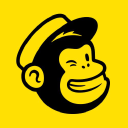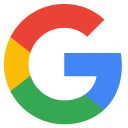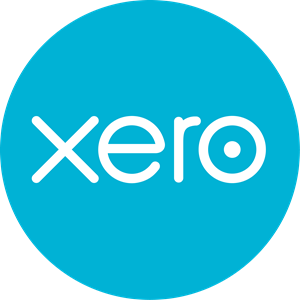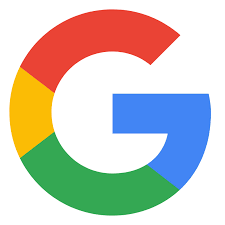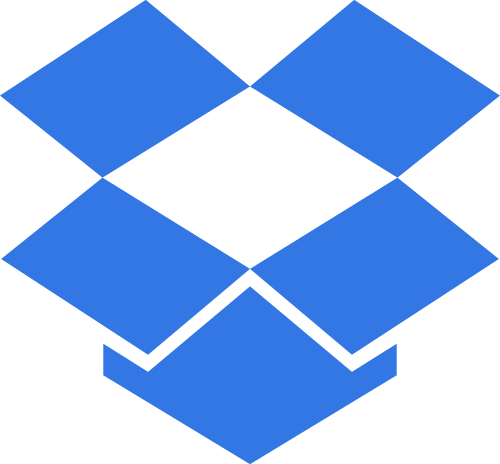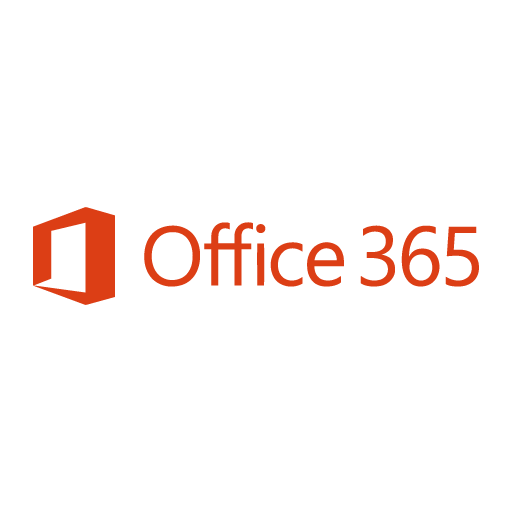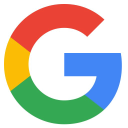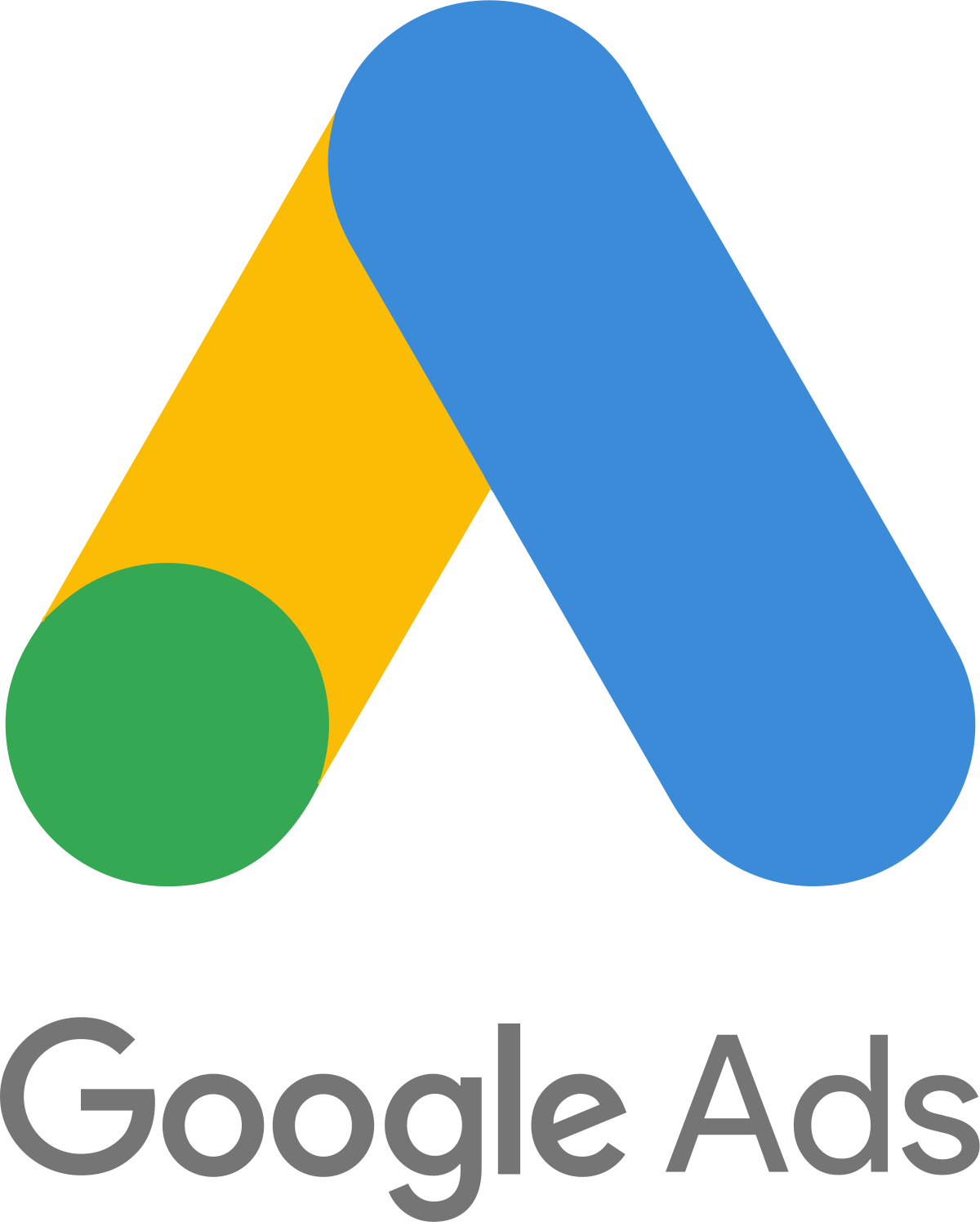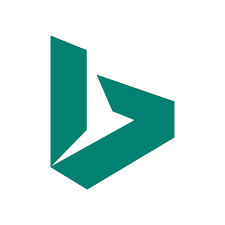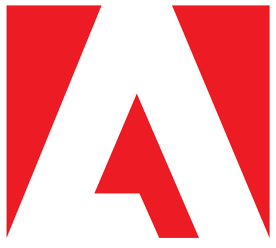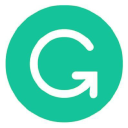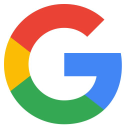How We Started A $30K/Month Business Selling Branded Corporate Stationeries
Hello! Who are you and what business did you start?
I’m Dominic Irons and I jointly run Ferrotype with my sister Jo. We provide branded stationery to corporate clients - that’s notebooks, diaries, pens and pencils. The core of the business is branded notebooks though. Our focus is on premium stationery, and many people are familiar with the Moleskine brand which is the market leader in this field. However there are a lot of alternatives to Moleskine out there, and part of our aim is to be constantly seeking and showcasing new stationery. For us, we need to be seen to be innovative and exciting, and this is something we are working hard at.

We have recently just started adding some more unusual corporate gifts to the range, including some quite amazing printed chocolates (printing your logo or design in white chocolate on a piece of dark chocolate!).

Some people might be surprised that there is a demand for stationery with the increasing dominance of technology, yet the demand has increased for premium stationery over the past 10-15 years, and this has also been true of the B2B market.
We always quote that we have worked with almost every major technology company over the years (we have produced branded stationery for Google, Microsoft, and Facebook as well as companies like Spotify and Twitter) - if the biggest tech companies in the world want notebooks then you know that stationery has a role to play alongside technology. The longer explanation involves explaining how stationery is proven to improve your productivity and efficiency, that you learn better when using pen-&-paper, and that it is so much easier to make notes in a book than on a laptop in a meeting or seminar.
We are yet to complete our first year with Ferrotype as this is a new business, but what we have achieved is complete flexibility in our working lives. For us I think this was one of the most important changes, being able to work with this amazing freedom - no office, no commute, no restrictions on where in the world we are.
We are posting a profit for our first year and we have a great base to build for the future. Our revenue is quite modest for the first year, at around $150,000, but for us, that is a solid base on which to build. This is also partly due to us working on a commission basis on many sales, so we don’t get the full sales revenue, but then we don’t have the problems associated with managing debtors.

What's your backstory and how did you come up with the idea?
Ferrotype is a new company but we have been working in this industry for over 20 years. Previously we ran a company called Bureau but this was forced to close at the beginning of 2019. However, fate took an unexpected turn when we were asked to start again by one of our suppliers who realized that they would lose our business. With a ready-made order file (we were able to purchase the assets of the old company back) this meant we could hit the ground running with a solid set of inquiries, plus a client list that we had established over the years. In most cases the order file we launched with was for clients we knew from before, and it was simply a case of putting a new operation in place to allow us to fulfill those orders.
That is not to say that it was plain sailing - any disruption will cause lost sales and we did lose some customers as a result, but the overall response was one of the people wanting to continue working as there was a good relationship between us and them.
The background to the previous company Bureau is that we set up a retail shop in London’s West End back in 1995 selling quality stationery that wasn’t available in the UK at the time. Very quickly this shop acquired a name for itself, and we had business customers who would ask for bulk orders of our stationery, with their logo printed on it. And so our branded stationery business was born. At Bureau, this was always business on the side, as our focus was on running a shop. Now with Ferrotype, we are quite happy to not be involved in retail, and we can focus on branded stationery for business clients instead.
As mentioned, premium stationery is in demand despite technology, and there is an argument that we seek out analog solutions to our lives as an antidote to technology. We need that balance. Our clients typically want the notebooks for two main reasons - either as a gift to give their customers or to give staff. The former involves getting the balance right between it conveying the right message and the customer wanting to keep the book and use it (if done right then your notebook will be used every day by that customer - that’s a powerful reminder). The latter use, giving it out internally, means the product serves more of a productivity and efficiency purpose, knowing that pen and paper will encourage better ways of working.

Take us through the process of designing, prototyping, and manufacturing your first product.
We are not manufacturers ourselves, we are an agency, so we are not directly involved in the production. That part is outsourced. Our role is to seek out the right product, and offer a service that businesses will be happy to use as it provides them with peace of mind - quite often we are providing just one small part of a much bigger campaign and the last thing they need is for a small cog in that big wheel to grind the whole campaign to a halt. Getting the right product produced to the right standard and delivered to the right place by the right time is what matters most.
Price is an issue in our business but this is often not the crucial element. Being able to turn an order round in often impossible timescales is what matters, and we regularly surprise ourselves at this. I rarely like to say no to an inquiry, and it is amazing how many times you can find a way to deliver what seemed so unlikely.
We do help out with design were needed but in almost all cases we find that the customer already knows what they want, and our role if to fine-tune that with our specialist knowledge before going into production.
Describe the process of launching the business.
As mentioned, Ferrotype came about almost by accident. If anyone has ever been through losing business they will know how stressful and difficult a time this is. Mixed in with all the emotions of losing your own business (a bereavement of sorts) you have also lost your income (very stressful!) but we had responsibilities to fulfill as well with the liquidators. This was almost like a full-time unpaid job, so it came as a very pleasant surprise when we were asked to start up again. Luckily we were able to buy back the key assets and launch with a series of orders in the pipeline.
This is not what we were planning to do, but it meant almost overnight we had to create a new identity - launch a company, find a name for it and create a brand identity that was distinct to what had gone before but equally matched something of the values we still held. We are not designers by profession and this was almost the hardest part, odd as it may seem. Knowing you have to make decisions on a name and logo that will be hard to change, as well as building a website - pages of content, photography, etc - made for a busy time.
Because we are an agency it means we have no production facilities ourselves. This was a bonus as it meant no need to purchase and re-house any machinery. In fact, we went the other way and took the opportunity to launch the new business as a virtual one, allowing us to exist anywhere there was power and wifi.
Since launch, what has worked to attract and retain customers?
It’s early days for us, less than a year after launch, and our focus so far has been on the existing customer base. Our main driver for launching was that we were able to purchase the rights to retain the assets of our old business and this meant we had a ready-made customer base. Naturally, this has meant we have put our efforts into bringing them over to the new business and securing an ongoing relationship. In an age of technology, this is disappointingly low-tech though! Mostly this is through email and phone calls, keeping in touch and maintaining relationships.
We still need to attract new customers and so far we have put the focus on PPC through Google. I was once a big fan of PPC, going back to my early days maybe 15 years ago, but increasingly I find PPC a less rewarding marketing channel. The costs of chasing certain keywords are just prohibitively high and the complexity of managing the account becomes ever harder. At this point, our aim is to keep our costs down so we are focused on in-house management wherever possible, but this brings with it some drawbacks, notably when managing something like a PPC account which increasingly requires specialist knowledge.
The downside to that is that outsourcing comes with its own set of issues. I have outsourced PPC several times in the past and it has always failed. I am yet to find a third party that can understand the business and delivers on results with PPC. Maybe I have just had bad luck, but for now, we are focused on keeping this in-house.
PPC is not bringing in the required level of inquiries though, so into 2020 we will be looking to expand into other areas including offline ideas. These are still being worked on so I am unable to share this just now, but this is a hope for 2020. We may also look at adverts in the right publications (something we have tried before) as well as looking into targeting people through other channels, most likely LinkedIn.
We don’t have social media channels at the moment. I am unconvinced by the need for this in a B2B environment where people change jobs regularly, so your contact details are constantly moving. For this reason, we have put the focus on personal relationships with our customers, where we are more likely to be aware of people moving jobs, and we can try to follow them to the new role whilst finding new contacts in the existing business. In some cases, they have wanted to maintain the link and have approached us after moving. For us, the personal link is the most important. We are working on several seasonal themes that provide us with a reason to talk to the customers again, something we feel is of interest to them.
How are you doing today and what does the future look like?
The business is new, as stated, yet to complete its first year, but it is profitable. We are not quite at the level we aim to be at but we are getting there. Our aim after the problems with our previous business was to keep costs to the absolute minimum and this has been achieved. To this extent we have no office - we work anywhere that suits us - and no salaries bar our own.
We are almost entirely UK based although we do have clients across the globe, from Ireland to the US and even Australia. There are no plans to change this in the short term as there is so much scope for expansion locally, plus it poses fewer issues with the whole sales and production process.
One key issue for us in 2020 is whether sustainability will finally reach that tipping point. This is something we have tried and failed to find a demand for previously, but there are signs now that we are seeing change. We have recently taken on a series of new notebook ranges, including one made partly from the otherwise discarded waste from pulping apples.

Other new ranges include a notebook made entirely from stone. Hard to believe but true (it’s a mix of recycled stone, ground to a powder and held together with resin). The book is only slightly heavier and has a beautiful tactile feel.

Alongside launching Ferrotype we also launched a second business. Nanosphere is more of a blog based around stationery and the original idea was to drive revenue through affiliate marketing. When we purchased the assets of our old business we were also able to retain its mailing list. Over 5,000 people opted to keep receiving email newsletters from us, which is what made us launch Nanosphere. This has not proved as successful financially as we had hoped though, and is under regular review. Some aspects I love - we are especially proud of the Stationery Walks series we launched.

Other aspects have been less well received and we are even now looking at whether we can bring the two ideas under one roof (a virtual roof of course), combining the best of Nanosphere into our branded stationery business.
Through starting the business, have you learned anything particularly helpful or advantageous?
Our biggest mistake was in launching Nanosphere - this has been a distraction and we did not do enough to get Ferrotype to the required level early on. The lesson here is to remember your priorities and stay focused on them. Don’t try and do too much.
What platform/tools do you use for your business?
Our business is mostly conducted offline, as described above, so our website has a role to showcase what we do, and to get people to contact us. Once they do then we rely on our personal interaction to achieve a sale. The website needs to be visually strong and to be easy to maintain. For this I chose Squarespace - it has its limitations which can be frustrating, but the benefits far outweigh that for me.
The other key issue for us is that we are office-less. This means being able to work anywhere. I took an extended break this summer to work from France and all I needed was my laptop, phone, and wi-fi. Admittedly the wifi in rural France was a challenge on some days, but by and large, it worked and this was an amazing change to be able to spend a month in France. To allow us to work like this meant we had to become paperless (ironic some might say given we sell stationery in the digital age), and we store everything online with Dropbox. We also use the G-Suite apps to help manage email and other functions, and lastly, we rely on Xero for accounting, which really does make my life easier.
I did actually write more extensively about this and all the platforms we have come to use - you can read that here.
What have been the most influential books, podcasts, or other resources?
I don’t read nearly enough, that I am certainly guilty of, but books that I have found helpful would include Blue Ocean Strategy, a way of getting you to think outside of your competitive field.
I also have found Tim Kitchen helpful when it comes to digital marketing - his delivery might not be to everyone’s liking but the content is clear and simple and often cuts through the noise to get to the real issues that you need to address. I generally keep an eye on his videos for easily consumed advice.
Advice for other entrepreneurs who want to get started or are just starting out?
I have been involved in running my own business for almost twenty years now, and that’s a huge part of my working life! It is hard to imagine doing anything else and I can see the temptation that people might have to quit their job and launch their own business. I would say go for it, but consider these first:
Do you have a good idea with a good plan to execute it?
How do you know if it is a good idea/plan? Well, that is the crucial bit - how do you know? Not living in a bubble is the key here - getting outside of your immediate circle and finding advice that might make you see your idea in a different light. Otherwise, you will end up finding this out as you go along, and that may prove costly.
Marketing - it has always been the hardest part for us, and the part I would put at the top of the list of your questions to be asked. How will the right people find you? The perfect idea is of no use if it lives in a vacuum.
Finance - another issue you will need to have an iron-grip on is money. Are you the one to handle this? If not then who will you rely on?
People - yes we are running a business with no staff, just the two of us, but even we will have to face recruitment one day. Once you come to rely on other people then you will need to manage them and their hopes, ambitions, and expectations as well as their issues and problems. Managing people that are different from you, often fundamentally so, is a skill and one you are likely to need.
Advice. Beyond that the one area I would most have wished for over the years was advice - good, experienced, independent and honest advice on what you are doing.
That said, I can’t imagine not having the benefits of what I enjoy now. I love knowing that what I do is done because it directly has a benefit to the business. I have worked for a very large corporation and felt like my input had little or no actual value to the goal of the business.

Where can we go to learn more?

Download the report and join our email newsletter packed with business ideas and money-making opportunities, backed by real-life case studies.

Download the report and join our email newsletter packed with business ideas and money-making opportunities, backed by real-life case studies.

Download the report and join our email newsletter packed with business ideas and money-making opportunities, backed by real-life case studies.

Download the report and join our email newsletter packed with business ideas and money-making opportunities, backed by real-life case studies.

Download the report and join our email newsletter packed with business ideas and money-making opportunities, backed by real-life case studies.

Download the report and join our email newsletter packed with business ideas and money-making opportunities, backed by real-life case studies.

Download the report and join our email newsletter packed with business ideas and money-making opportunities, backed by real-life case studies.

Download the report and join our email newsletter packed with business ideas and money-making opportunities, backed by real-life case studies.

